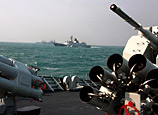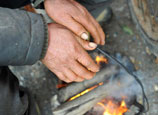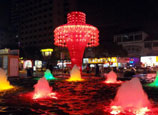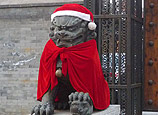
Although the project is financed by the Export-Import Bank of China (Eximbank), and a large portion of construction will be carried out by Chinese workers, dubbing it "Chinese" is strange and unprecedented.
The Panama Canal was not named after Citi even though Citibank provided the credit, nor did the first transcontinental railroad take on the word "Chinese" to commemorate the thousands of laborers shipped over from China and died building it.
The story quotes "an assessment of the rail project" by an unnamed "consultant for the United Nations Development Program" that criticizes the "onerous" loan terms by China's Eximbank that would jeopardize Laos' macroeconomic stability, and the construction work that might turn its countryside into "a waste dump."
Such worries, which are not uncommon among US observers, are unwarranted.
The loan is collateralized with underground mineral reserves. In the highly unlikely event of the project's total failure, the loan can be repaid through extraction over the years, and the cash repayment will be minimal.
As for the environmental concerns, construction work is likely to raise dust and produce waste. However, dust settles overnight, and I seriously doubt that a thin rail link in Laos can turn every place along the way into a waste dump, otherwise, with nearly 100,000 kilometers of railroad, China would have long since become a wasteland.
The authors assert that China has no intention of sharing the benefits from the railroad, but spare few words to buttress their point with relevant economic facts and reasoning.


















 Students take exams without invigilator in Hangzhou
Students take exams without invigilator in Hangzhou


![]()
